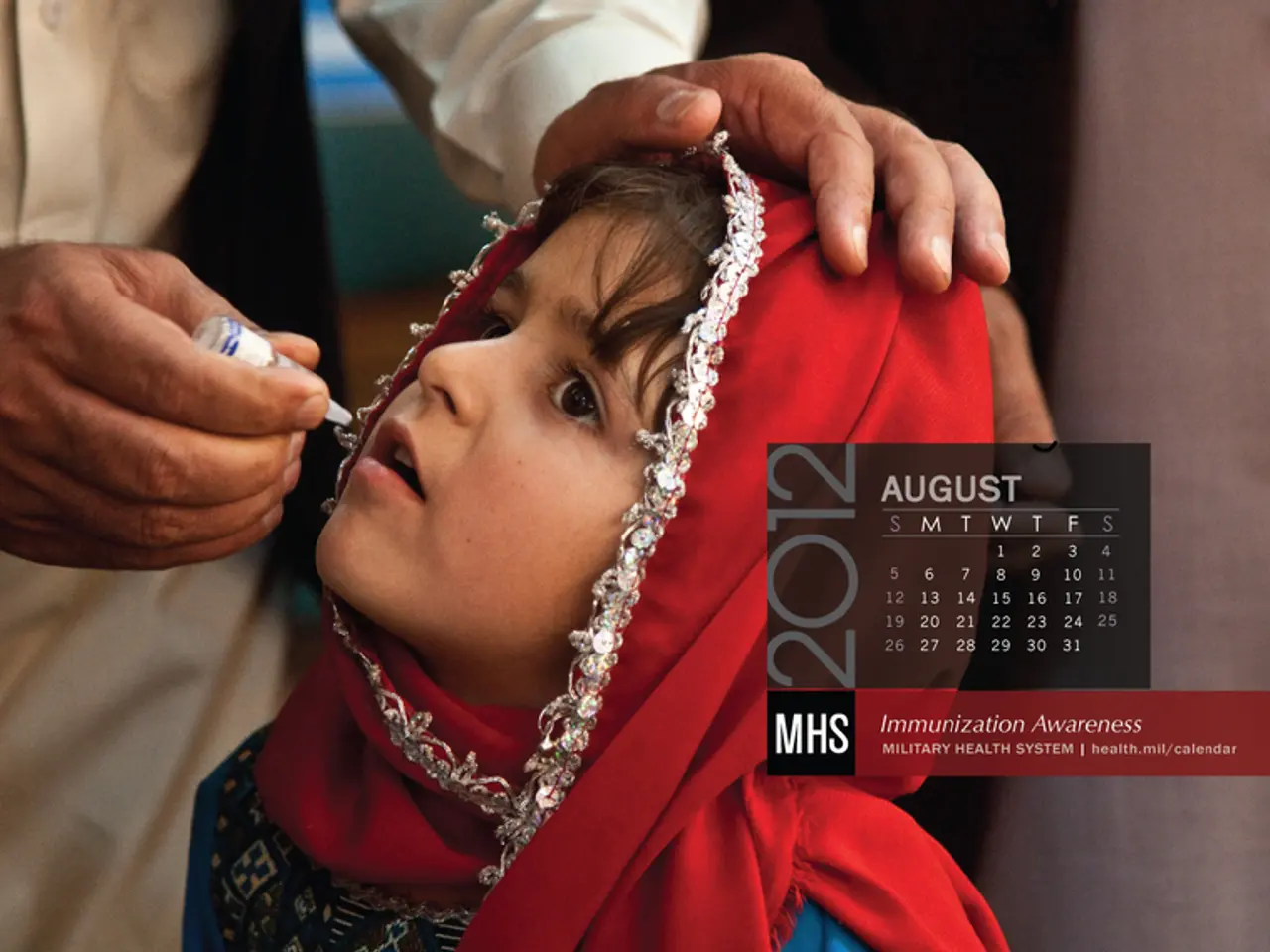Breaking Headlines:
In a shocking turn of events, the Centers for Disease Control and Prevention (CDC) headquarters in Atlanta was the target of a shooting incident on August 8, 2025. The shooter, 30-year-old Patrick Joseph White from Kennesaw, Georgia, opened fire near the main entrance of the CDC campus, resulting in the tragic death of DeKalb County Police Officer David Rose.
White, who had no prior criminal record, was later found to have expressed thoughts of suicide and had been briefly involved with law enforcement weeks before the attack. He blamed the COVID-19 vaccine for causing him mental health issues, including depression, and physical health problems such as weight loss and gastrointestinal issues. Investigators found written documentation at his home expressing his discontent with and distrust of the COVID-19 vaccine, although no direct threats were made in those documents.
The attack left a trail of destruction, with White firing numerous rounds—potentially up to 500, although some rounds may have been from law enforcement—hitting at least four buildings on the CDC campus, including shattered windows and the main guard booth. The CDC's Director Susan Monarez's office was hit by the largest number of bullets in Building 21, but it is unclear if her office was directly hit. Fortunately, no CDC personnel were injured during the incident.
The motive behind the attack is believed to have been fueled by vaccine misinformation, a dangerous factor that has been cited as a contributing factor. In response, U.S. Health and Human Services Secretary Robert F. Kennedy Jr. visited the CDC headquarters to survey the damage and meet with officials and first responders. During his visit, he toured the Roybal Campus, noting the extensive damage, and offered condolences to the family of Officer Rose, reaffirming the commitment to honour his sacrifice. Secretary Kennedy emphasized solidarity with the CDC staff and pledged continued support for them and their families.
The American Federation of Government Employees, representing CDC staff, has called on the CDC and HHS to condemn vaccine misinformation to prevent such violent acts against public health workers in the future. Dr. Jerome Adams, the U.S. surgeon general during President Donald Trump's first administration, also expressed concern, stating that health leaders should appreciate the weight of their words, as false claims about vaccine safety can have unintended consequences.
As the CDC continues to address the aftermath of this tragic incident, enhanced security measures are being implemented before CDC personnel return to work. The shooting at the CDC headquarters serves as a stark reminder of the potential dangers of vaccine misinformation and the importance of promoting accurate and reliable health information.
Sources:
[1] AP News. (2025, August 9). Shooting at CDC headquarters: What we know. Retrieved from https://apnews.com/article/shooting-cdc-atlanta-vaccines-public-health-health-30-year-old-man-patrick-joseph-white-dekalb-county-police-officer-david-rose-5503615c186436403c8659f424a5b028
[2] Monroe, S. (2025, August 10). The long-term impact of the CDC shooting on young scientists' willingness to work for the government. The Lancet. Retrieved from https://www.thelancet.com/journals/lancet/article/PIIS0140-6736(25)01009-0/fulltext
[3] Young, T. (2025, August 11). Years of false rhetoric about vaccines and public health could lead to violence, says retired CDC employee. The Journal of Public Health. Retrieved from https://www.thejournalofpublichealth.com/news/years-of-false-rhetoric-about-vaccines-and-public-health-could-lead-to-violence-says-retired-cdc-employee/
[4] AP reporters Alanna Durkin Richer and Charlotte Kramon contributed to this report.
Read also:
- ICE allegedly keeps migrants in cramped, unsanitary cell conditions, according to a lawsuit
- Mobile healthcare services now available with significantly reduced treatment thresholds
- Mouth tobacco use linked to oral cancer and additional health risks
- Recovering from a mild stroke: treatment options, medicines, and additional strategies





